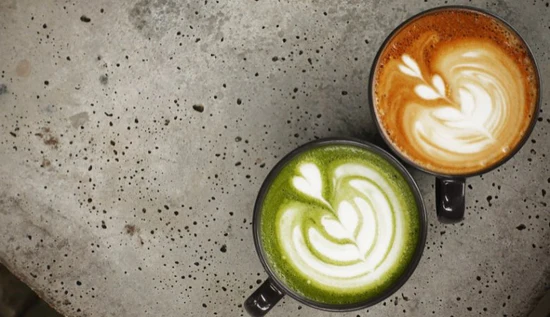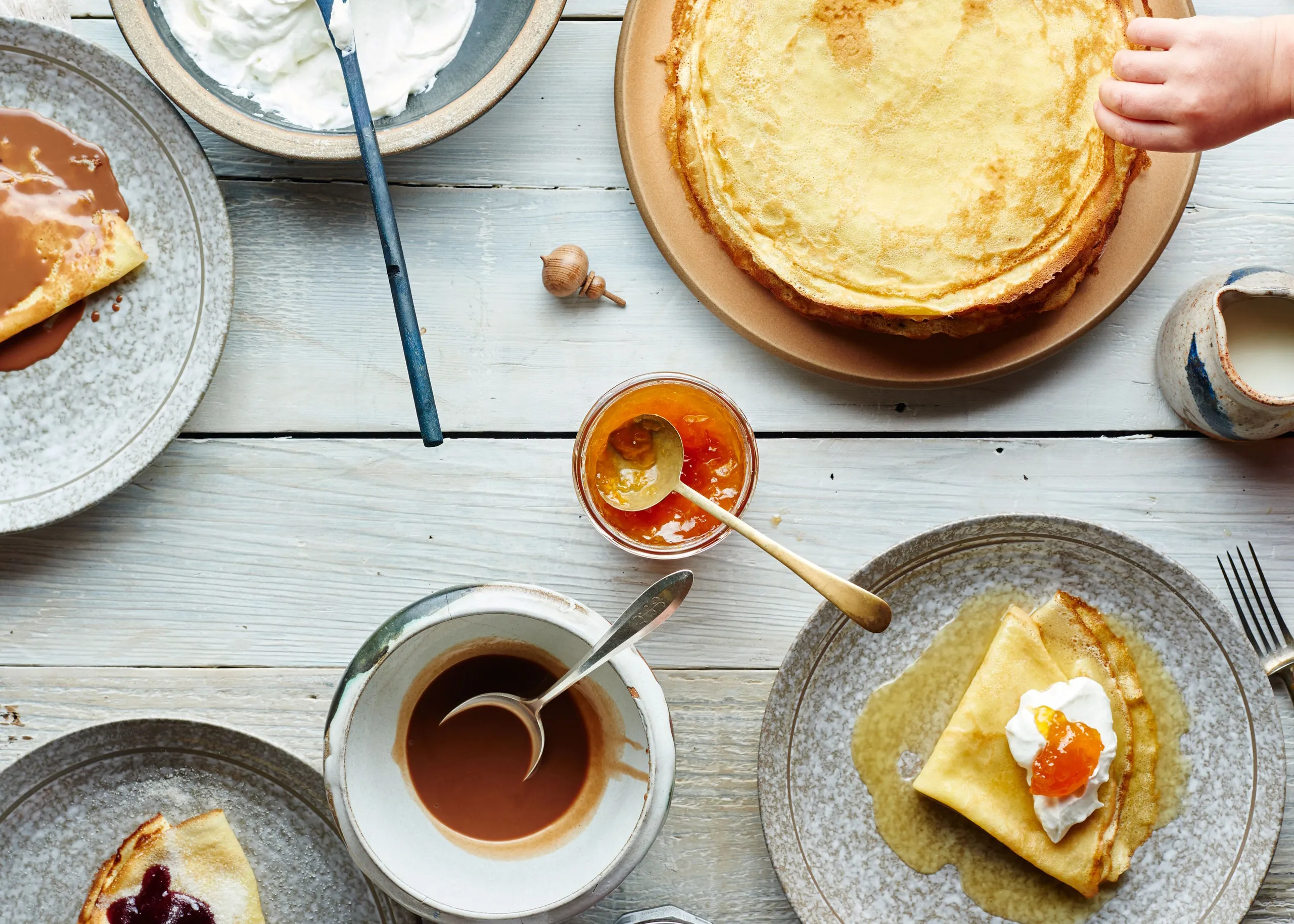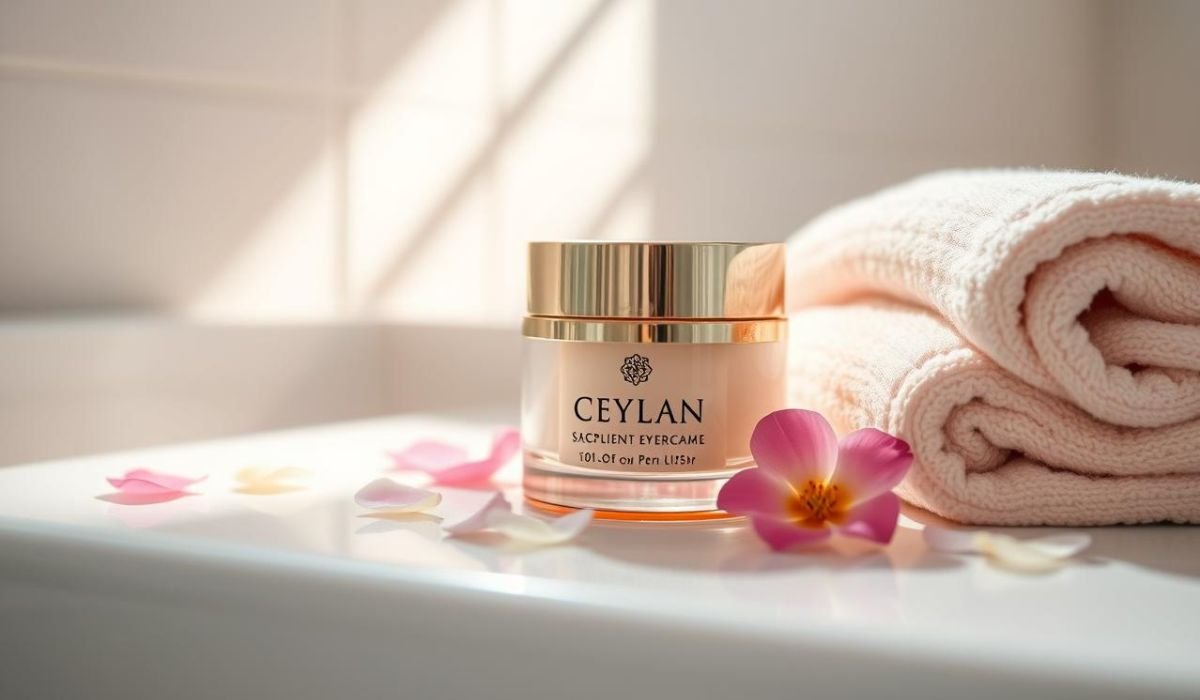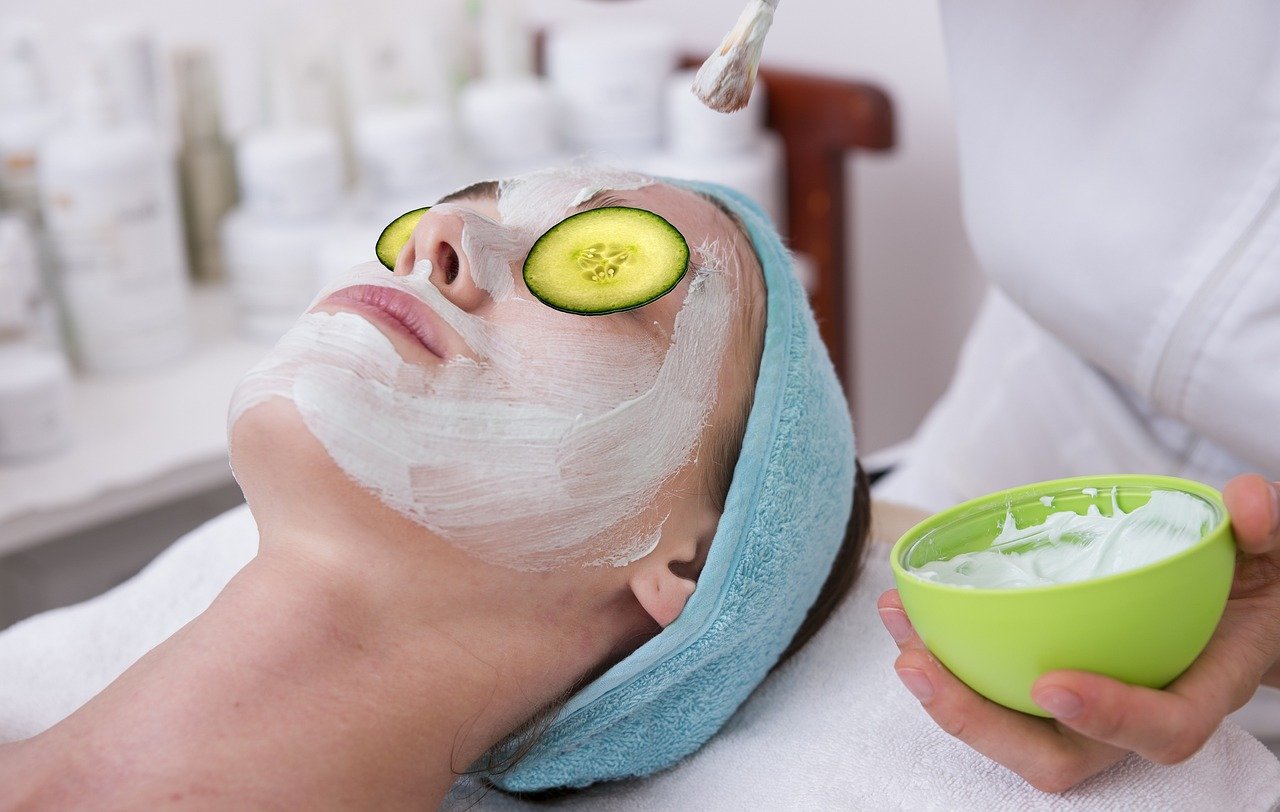Tea is the beverage that is most commonly used as a morning drink. It is a global beverage that people of all ages enjoy. If you are familiar with Chai Tea, you would know that it is the latest hype, and everyone is trying it out. But have you also heard of Match tea? It is an herbal tea with many benefits. How do Match tea and Chai tea compare? Let’s find out what the benefits of each tea are and which one is more potent and beneficial for you.
Both Chai and Matcha tea have deep-rooted histories and unique preparation methods that contribute to their distinct characteristics. Let’s compare Chai and Matcha tea, exploring their origins, preparation, and health benefits.
Origins
Chai tea originated in India, where it has been a part of the rich culture and has become a symbol of hospitality. This tea is made with black tea leaves, milk, and spices like cloves, ginger, cinnamon, and cardamom. The word chai means tea in Hindi, but the term has evolved globally to represent a specific blend of tea, spices, milk, and sweeteners. The traditional chai tea recipe includes black tea leaves, cardamom, cinnamon, ginger, cloves, and pepper, creating a healthy and aromatic drink that symbolizes enjoyment and peace.
Matcha tea, on the other hand, hails from Japan and is deeply intertwined with Zen Buddhism and the Japanese tea ceremony. Unlike traditional teas made by steeping leaves, Matcha tea is made by whisking finely ground Matcha powder into hot water, creating a vibrant green beverage. The process of making matcha has spiritual and meditative aspects, reflecting its importance in Japanese culture.
Preparation Methods
The preparation of chai tea is varies depending on personal preferences and regional traditions. The basic chai tea recipe involves simmering black tea leaves with water, milk, and a mix of spices. Sweeteners like sugar or honey are often added to enhance the flavor. The spices used in chai tea can be adjusted according to taste, making each cup a unique creation. The result is a creamy, spiced tea that is both comforting and refreshing.
Matcha tea preparation is equally meticulous, but it follows a different process. High-quality matcha powder is sifted into a bowl to remove any clumps, and then hot water is added. Using a bamboo whisk until it becomes frothy. Matcha tea can be enjoyed independently or incorporated into lattes, smoothies, and even desserts.
Health Benefits
Both chai tea and matcha tea offer a range of health benefits thanks to their natural ingredients.
Chai tea is rich in antioxidants due to the black tea and spices used in its preparation. The spices, particularly ginger and cinnamon, have anti-inflammatory properties and aid digestion. Black tea provides moderate caffeine and a gentle energy boost without the jitters associated with more robust caffeinated drinks. The spices in chai tea also support the immune system and enhance overall well-being.
Matcha tea is known for its high concentration of antioxidants, potent compounds that protect against oxidative stress and may reduce the risk of chronic diseases. Matcha powder contains a unique amino acid called L-theanine, which promotes relaxation and mental clarity, balancing the stimulating effects of caffeine.
Conclusion
In comparing chai tea and matcha tea it is clear that both have distinct qualities that cater to different tastes and preferences. Chai tea offers a warming, spiced experience that reflects the rich cultural heritage of India, while matcha tea provides a refreshing, meditative experience deeply rooted in Japanese tradition.
Whether you prefer the aromatic complexity of chai or the earthy, vibrant taste of matcha, both teas offer a delightful drink, a connection to centuries-old traditions and a host of health benefits.











